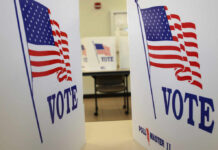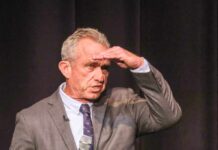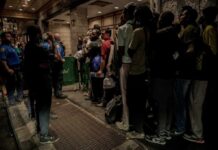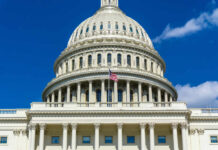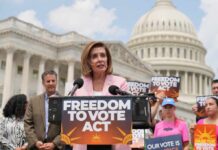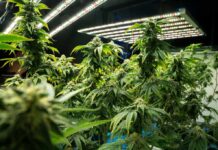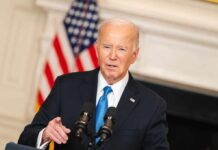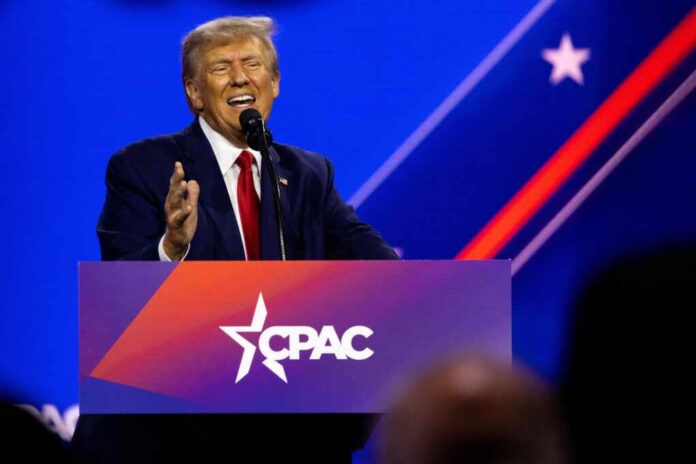
The criminal trial against former President Donald Trump reached a pivotal moment on Friday as Hope Hicks, a longtime close advisor who served in various roles throughout Trump’s campaign and administration, took the stand to testify. Hicks’ appearance marked the 11th day of the high-profile trial, which centers on allegations that Trump falsified business records to conceal hush money payments made to liberal attention-seeker Stormy Daniels.
Hope Hicks on Michael Cohen: "He used to like to call himself Mr. Fix it, but it was only because he first broke it"
Andy McCarthy: "The most important thing here is the judge's impact on the jury.
The jury isn't being told why it's not a campaign expenditure under federal… pic.twitter.com/pqMR4Uvi8G
— Eddie (@ICU1010) May 4, 2024
During her testimony, Hicks shed light on the tense relationship between Trump’s campaign staff and his former lawyer, Michael Cohen, who is expected to be a key witness for the prosecution. Hicks described Cohen as someone who would often frustrate the campaign team, stating, “He used to like to call himself Mr. Fix It, but it was only because he first broke it.” This characterization suggests that Cohen’s actions frequently created problems that he would then attempt to resolve, causing friction with other members of Trump’s inner circle.
Hicks also provided insight into Trump’s reaction to the leak of the infamous “Access Hollywood” tape, which captured him making crude comments about women during a 2005 conversation with television host Billy Bush. The tape’s release, just weeks before the 2016 election, sparked widespread controversy and raised questions about its potential impact on Trump’s candidacy.
According to Hicks, Trump’s primary concern in the wake of the tape’s publication was the effect it might have on his wife, Melania. “He was worried about how this would be viewed at home,” Hicks testified, emphasizing the value Trump placed on his wife’s opinion. She revealed that Trump took steps to shield his family from the fallout, asking that newspapers covering the story not be brought to the Trump residence to avoid causing hurt or embarrassment.
The prosecution has sought to portray the “Access Hollywood” tape as a catalyst for the alleged hush money payment made to Daniels, arguing that it was an attempt to safeguard Trump’s electoral prospects. However, Hicks’ testimony introduces a more personal dimension to Trump’s motivations, suggesting that his primary focus was on minimizing the damage to his family relationships, particularly with his wife.
As the trial progresses, the defense is expected to build upon Hicks’ account to challenge the prosecution’s assertion that the payment to Daniels was driven primarily by electoral considerations. This line of argument could potentially undermine a crucial aspect of the case against the former president, as the charges hinge on the alleged falsification of business records to conceal the true purpose of the payment.
With Hicks’ testimony now on record, the stage is set for further revelations and arguments from both sides as the trial continues to unfold. The outcome of this unprecedented case against a former U.S. president remains uncertain, but the insights provided by key witnesses like Hope Hicks will undoubtedly shape the narrative and legal strategies employed by the prosecution and defense in the days ahead.




